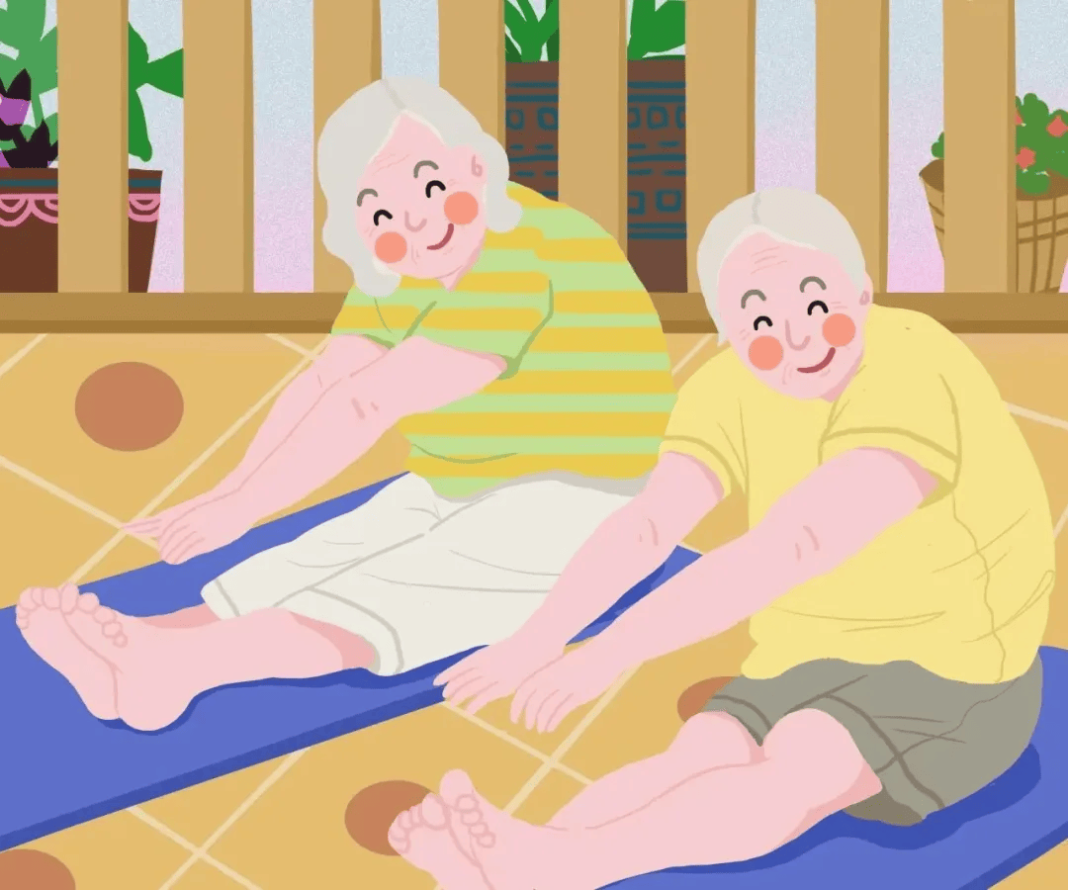01
What is late-life depression and anxiety
Late-life depression and anxiety generally refer to the occurrence of depression and anxiety attacks in people aged 60 and above. It is a common mental disorder among the elderly. The core symptoms of depression include low mood (depressed mood), loss of pleasure (loss of appetite), and reduced interest, and can also include sleep disorders (insomnia) and cognitive decline (forgetfulness), among other symptoms.
However, late-life depression and anxiety are often mistakenly considered normal phenomena in the lives of the elderly, leading to lack of proper attention and correct diagnosis. In fact, late-life depression and anxiety have been shown to be associated with poor quality of life, difficulties in daily activities, physical comorbidities, premature death, and cognitive impairments.
Therefore, it is crucial to enhance awareness of the manifestations of depression and anxiety in the elderly and provide appropriate management. As long as patients meet the clinical diagnostic criteria for depression and anxiety, timely treatment is necessary.
02
Which elderly people are prone to depression and anxiety
The causes of late-life depression and anxiety are complex and often coexist with physical illnesses, with the two possibly influencing each other. For example, late-life depression can increase the incidence of dementia, and in populations with coronary heart disease and hypertension, the incidence of anxiety disorders accounts for almost half. The susceptible groups for late-life depression and anxiety are as follows:
– Lack emotional support
– Encounter negative events
– Chronic disease patients
– Long-term medication users
– Individuals with certain personality traits
03
How to treat depression and anxiety in the elderly
For patients with late-life depression and anxiety, treatment mainly involves medication and psychotherapy. Medication prescriptions are issued by specialists, and most medications may need to start with small doses, gradually adjusting the dosage. It is important not to abruptly stop the medication after a period of usage, and medication adjustments should be guided by a specialist, with regular follow-ups required.
In terms of psychotherapeutic interventions, led by specialists and requiring the cooperation of patients and their families, treatment plans need to be practical, feasible, and flexible to best meet the needs of patients and caregivers.
Therefore, in developing the initial psychotherapeutic plan, the involvement of family members and patients is necessary, with continuous evaluations and updates. As family members, just like doctors, one should be at the forefront of treatment and should:
– Pay attention to the psychological state of the elderly, provide care and companionship without showing impatience, refusal, dissatisfaction, or hostility.
– Actively treat underlying physical illnesses; ensure balanced nutritional intake; encourage regular daily routines; encourage active participation in recreational and group activities such as chess, calligraphy, or card games; increase social interactions and enrich life content.
– Encourage and accompany patients in outdoor activities; moderate exercise is the most effective and natural “medicine” against depression.
04
Other treatment methods
In addition to oral medications and psychotherapeutic interventions, there is a category of physical treatments, including electroconvulsive therapy, repetitive transcranial magnetic stimulation, vagus nerve stimulation, deep brain stimulation, as well as still under research light therapy and sleep deprivation. However, these treatment methods have not yet received definitive research conclusions among elderly anxiety patients, and more research is needed to confirm their effectiveness.
Furthermore, some mind-body regulatory methods, such as yoga, painting, dancing, music, and other art therapies, have a noticeable effect on alleviating anxiety in the elderly leading to significant results.


